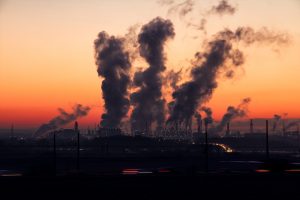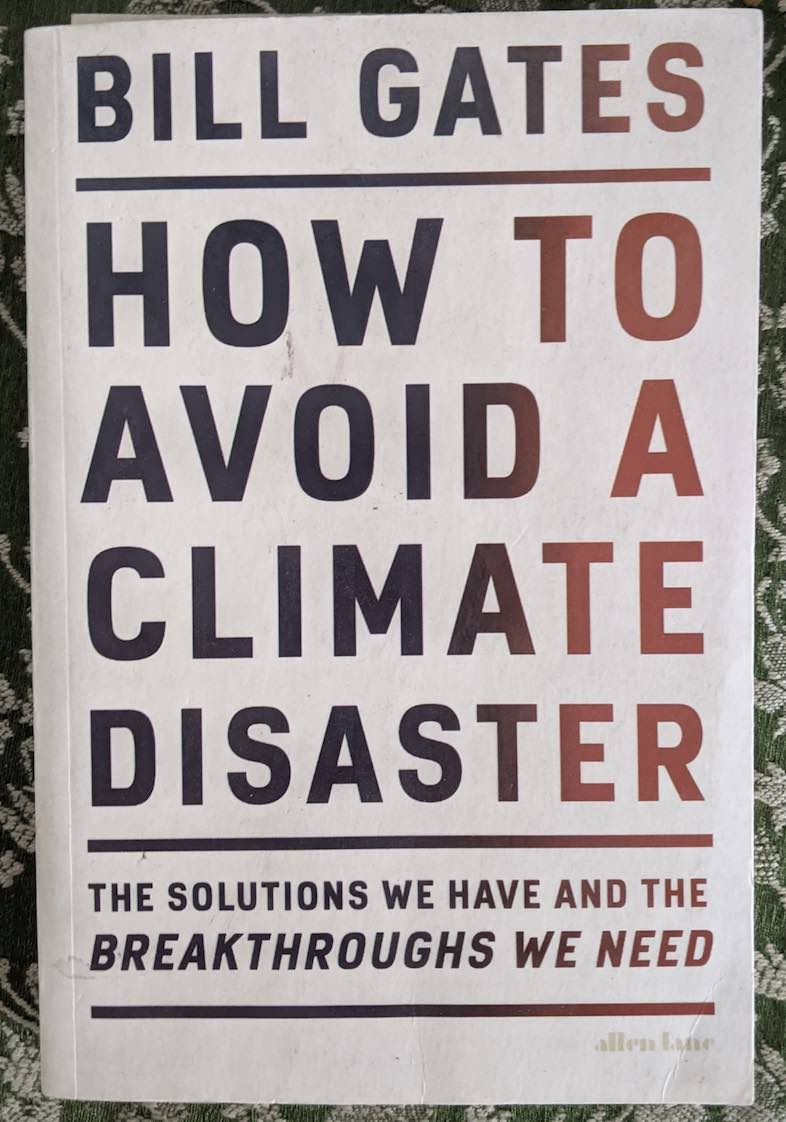In 1824, a French scientist Joseph Fourier proposed that the Earth’s atmosphere acted like a greenhouse, trapping heat and keeping the planet warm.
A few decades later, in the late 19th century, Irish physicist John Tyndall conducted experiments demonstrating greenhouse gas warming effects. He showed that certain gases, including water vapor, carbon dioxide, and methane, could trap heat and increase the atmosphere’s temperature.


In 1896, Swedish chemist Svante Arrhenius published a paper in which he calculated the impact of carbon dioxide on the Earth’s temperature. He predicted that doubling the concentration of carbon dioxide in the atmosphere would lead to a significant increase in global temperatures.
Since then, scientists have continued to study the greenhouse effect and the role of greenhouse gases in the Earth’s climate system.
Today, there is a broad scientific consensus that human activities, mainly burning fossil fuels, are increasing the concentration of greenhouse gases that trap heat in the Earth’s atmosphere, contributing to the greenhouse effect and global warming.
Even the scientific body established by the United Nations, IPCC (Intergovernmental Panel on Climate Change), looks into greenhouse gases. The IPCC is tasked with assessing the scientific literature on climate change, including the sources and effects of greenhouse gases and potential solutions to mitigate their impacts.
Types of Greenhouse Gases
Here are some of the most common types of greenhouse gases:
- Carbon dioxide (CO2) – This is the most well-known greenhouse gas, responsible for around 76% of all greenhouse gas emissions. It is released by burning fossil fuels such as coal, oil, and gas, as well as deforestation and other land-use changes.
- Methane (CH4) – This is the second most important greenhouse gas, responsible for around 16% of all greenhouse gas emissions. It is released from natural gas and petroleum production, livestock and agricultural practices, and waste management activities. The US Environmental Protection Agency identifies methane as 25 times more potent than CO2 as a greenhouse gas.
- Nitrous oxide (N2O) – This is a potent greenhouse gas that is responsible for around 6% of all greenhouse gas emissions. Nitrous oxide is emitted by natural sources such as soil and ocean bacteria and human activities such as fertilizer use in agriculture and industrial processes.
- Fluorinated gases – This is a group of synthetic gases used in various industrial applications, such as refrigeration and air conditioning. They are typically released during the production, use, and disposal of products that contain them. Fluorinated gases are responsible for a small but rapidly increasing percentage of greenhouse gas emissions.
- Ozone (O3) – Ozone is a naturally occurring gas in the Earth’s atmosphere and is critical in protecting us from harmful UV radiation. However, it can act as a ground-level greenhouse gas and contribute to global warming.
It’s worth noting that water vapor is also a potent greenhouse gas. Still, it is not usually considered in discussions of greenhouse gas emissions since it is naturally occurring and not directly affected by human activities.
What are Carbon dioxide equivalents (CO2e)?
Different greenhouse gases have varied capacities in atmospheric heat absorption and contribute to global warming. As mentioned, compared to carbon dioxide, methane is 25 times more potent but is the most prominent greenhouse gas contributing to warming the planet.
Therefore to facilitate easy reporting and measure the impact of greenhouse gases, all other gases are scaled to the effects of Carbon dioxide, known as Carbon dioxide equivalents. For example, if a company produces Carbon dioxide and Methane, both these gases will be combined in one metric that is Carbon dioxide equivalent.







Add comment